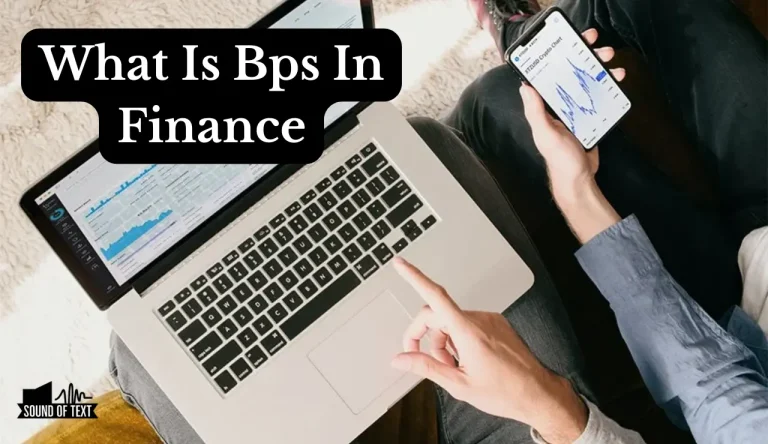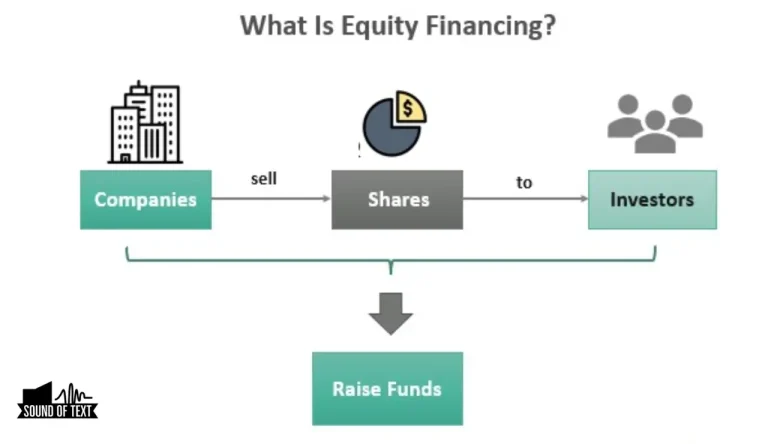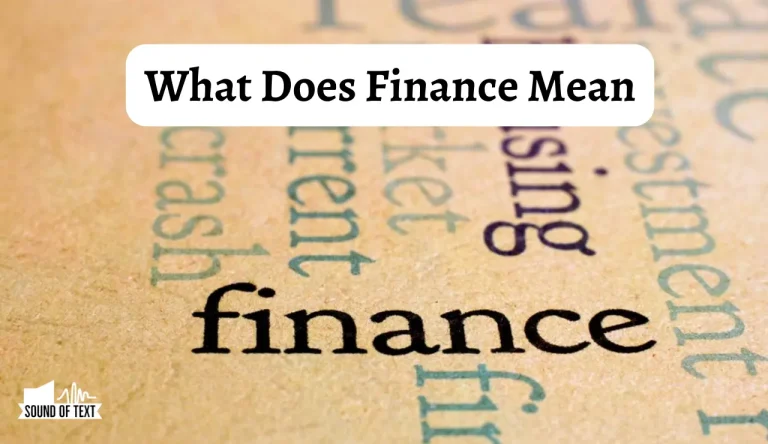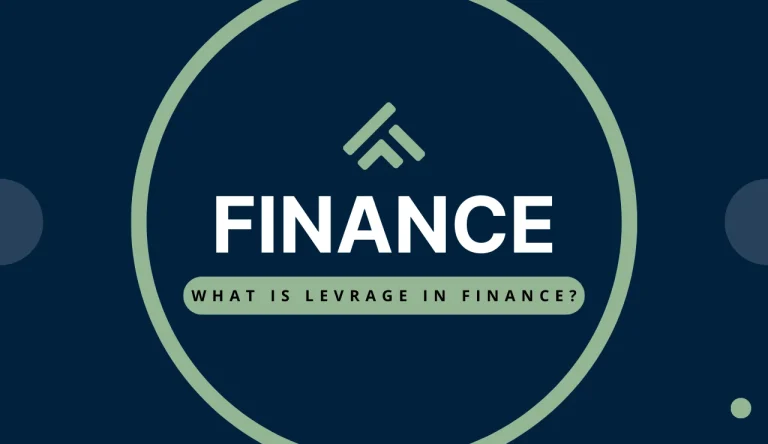Can You Trade In A Financed Car
We’ll even shed light on rolling over negative equity and reviewing new financing terms. So buckle up as we embark on this journey together, where knowledge becomes power and trading in a financed car becomes your ticket to freedom!
Key Takeaways
- Assess your credit score and understand its impact on monthly payments.
- Research the value of your current car considering depreciation and market prices.
- Explore trade-in options such as leasing and compare offers from different dealerships.
- Negotiate effectively with the dealer by knowing the market value of your car and being aware of dealer incentives.
Understand Your Current Financing Situation
You can’t trade in a financed car until you understand your current financing situation. Assessing your creditworthiness is an essential step in this process. Take a look at your credit score, as it’ll play a significant role in determining the interest rate and terms of any new loan.
Additionally, evaluate the impact of trading in your car on your monthly payments. Consider factors such as the remaining balance on your current loan, the value of your car, and any negative equity (if applicable). Negative equity occurs when you owe more on the car than its current value. This could result in higher monthly payments if it’s rolled over into a new loan.
By thoroughly assessing these financial aspects, you’ll have a better understanding of whether trading in your financed car is a feasible option for you.
Research the Value of Your Current Car
Consider exploring the estimated worth of your current vehicle to better understand its potential value. To accurately assess the value, calculate depreciation based on factors such as mileage, age, and condition. Taking into account these variables will give you a realistic estimate of how much your car has depreciated since its purchase.
Additionally, compare market prices for similar makes and models in your area to gauge the current demand and pricing trends. Online platforms and local dealerships can provide valuable insights into what others are paying for vehicles like yours.

By conducting thorough research and analysis, you can ensure that you have a clear understanding of the value of your financed car before deciding whether or not to trade it in.
Explore Trade-In Options
Discover the various options available for exchanging your current vehicle to potentially upgrade to a newer model. When considering trading in a financed car, it’s important to understand the value of your current vehicle and explore trade-in options that can help you make the most out of your investment.
Here are some key points to keep in mind:
- Understanding depreciation: Before making any decisions, research how much your car has depreciated since you bought it. This will give you an idea of its current market value and help you negotiate a fair trade-in deal.
- Exploring leasing options: If you’re looking for a more affordable way to upgrade, consider leasing instead of buying. Leasing allows you to enjoy the benefits of driving a new car without the long-term commitment or high monthly payments.
- Researching trade-in offers: Take the time to shop around and compare trade-in offers from different dealerships or online platforms. This will ensure that you get the best possible deal for your current vehicle.
By understanding depreciation and exploring leasing options, you can make an informed decision about whether trading in your financed car is the right choice for you.
Negotiate with the Dealer
To maximize your trade-in value, it’s crucial to negotiate effectively with the dealer. When it comes to negotiating strategies, preparation is key.
Do your research and find out the current market value of your car. This will give you a starting point for negotiations and help you determine whether the dealer’s offer is fair. Be prepared to walk away if the offer is not satisfactory.
In addition to knowing the value of your car, be aware of any dealer incentives that may be available. These incentives can include cash back offers or special financing options that can further enhance your trade-in deal. By being knowledgeable about these incentives, you can use them as leverage during negotiations.
During the negotiation process, remain calm and confident. Clearly communicate your expectations and be willing to compromise if necessary. Remember that both parties are looking for a mutually beneficial agreement.

By employing effective negotiating strategies and taking advantage of any available dealer incentives, you can increase your chances of getting a favorable trade-in deal for your financed car.
Consider Rolling Over Negative Equity
If you’re brave enough to venture into the treacherous territory of rolling over negative equity, prepare yourself for a wild ride through the murky depths of your already drowning financial situation. Rolling over negative equity means adding the remaining balance on your current car loan to your new financing agreement when trading in a financed car.
While this may seem like a convenient solution, it can have serious consequences. By rolling over negative equity, you are essentially extending your loan and increasing your overall debt. This can result in higher monthly payments and more interest paid over time. However, there may be refinancing options available that could help alleviate some of the financial burden.
It’s crucial to carefully consider all aspects before making a decision regarding rolling over negative equity.
Review the Terms of the New Financing
Now that you’ve considered rolling over negative equity, it’s crucial to review the terms of the new financing before trading in a financed car. This step is essential to ensure that you make an informed decision and understand the financial implications involved.
Take the time to carefully examine the loan terms offered by potential lenders or dealerships. Look for details such as interest rates, monthly payments, and any additional fees or charges. By doing so, you can compare these terms with your current financing arrangement and determine if refinancing options are available that better suit your needs.
It’s also important to consider how these new loan terms will affect your overall financial situation and budget. Take into account factors such as the length of the loan term and whether it aligns with your long-term goals.
Reviewing these loan terms will empower you to make a well-informed decision when trading in a financed car.
Complete the Trade-In Process
Once the terms of the new financing have been reviewed, it’s essential to proceed with completing the trade-in process.
First and foremost, negotiating the price of your current financed car is crucial. You want to get a fair value for your vehicle in order to minimize any negative equity that may be carried over into your new loan. Researching comparable vehicles and their market values can help you determine a reasonable asking price.
Once both parties agree on a price, it’s time to transfer ownership. This involves signing over the title and any necessary paperwork to the dealership or private buyer. Be sure to remove any personal belongings from the car and cancel any insurance policies associated with it.
With these steps completed, you can now move forward with trading in your financed car for a new one.
Frequently Asked Questions
Conclusion
So there you have it, my friend! Trading in a financed car can be a complex process, but armed with the right knowledge and strategy, you can navigate it successfully.
Remember to thoroughly understand your financing situation, research the value of your car, explore trade-in options, and negotiate wisely with the dealer.
If you find yourself in a sticky situation with negative equity, don’t fret! There are potential solutions like rolling over the balance into your new financing. Just make sure to carefully review all terms and finalize the trade-in process smoothly.
Happy trading!






